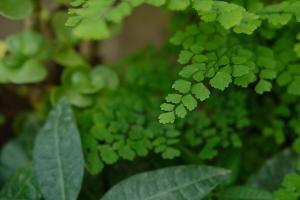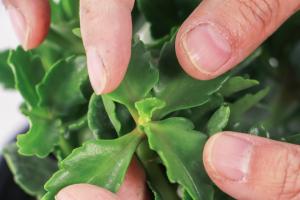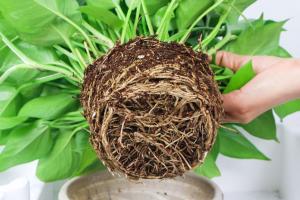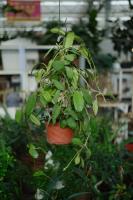Choosing the Right Fertilizer for Your Fruit Trees
Fertilizing fruit trees is an essential task for ensuring healthy growth and a bountiful harvest. But with so many fertilizers available on the market, it can be challenging to determine which one is best suited for your trees. In this article, we'll explore the types of fertilizers available and how to choose the right one for your fruit trees.
The Importance of Fertilizers for Fruit Trees
Fertilizers provide the essential nutrients that fruit trees need to grow strong, healthy, and productive. These essential nutrients include nitrogen, phosphorus, and potassium, along with smaller quantities of other micronutrients like calcium, magnesium, and sulfur. Fertilizers help ensure that fruit trees have the nutrients they need to develop fruit, resist pests and diseases, and withstand environmental stressors.
The Different Types of Fertilizers
Fertilizers come in different forms and can be organic or synthetic. Organic fertilizers include animal manure, compost, and bone meal, while synthetic fertilizers are made from chemical compounds. Organic fertilizers are often considered the more environmentally friendly option, as they are made from natural ingredients and do not contain harmful chemicals that can leach into the environment. Synthetic fertilizers, on the other hand, are often cheaper and more effective at delivering nutrients to the trees.
Choosing the Right Fertilizer
The type of fertilizer you choose will depend on several factors, including the soil quality, the age of the tree, and the specific nutrient needs of your fruit trees. Before selecting a fertilizer, it is essential to have your soil tested to determine its pH level and nutrient content. A soil test can help identify any nutrient deficiencies in the soil and provide recommendations on which type of fertilizer to use.
For young fruit trees that have not yet started producing fruit, a fertilizer with a higher nitrogen content is recommended. This will promote healthy leaf growth and the development of a robust root system. For mature fruit trees that are producing fruit, a fertilizer with higher potassium content is recommended. This will help support fruit production and promote disease resistance.
When and How to Apply Fertilizer
The timing and method of fertilizer application are also crucial for ensuring that your fruit trees receive the appropriate nutrients. Fertilizers should be applied in the spring before new growth appears, and again in the fall after leaf drop. This provides the trees with the nutrients they need to develop strong roots and prepare for winter.
The most effective way to apply fertilizer is to spread it evenly around the base of the tree, avoiding contact with the trunk. This allows the roots to easily absorb the nutrients and fosters healthy growth. Fertilizers can also be applied as a foliar spray, although this method is less effective at delivering nutrients directly to the roots.
In Conclusion
Choosing the right fertilizer for your fruit trees is crucial for ensuring healthy growth and a bountiful harvest. By considering factors like soil quality, age of the tree, and the specific nutrient needs of your fruit trees, you can select the right fertilizer for your needs. With proper timing and application, your fruit trees will have the nutrients they need to thrive and produce an abundance of delicious fruit.

 how many times do yo...
how many times do yo... how many planted tre...
how many planted tre... how many pine trees ...
how many pine trees ... how many pecan trees...
how many pecan trees... how many plants comp...
how many plants comp... how many plants can ...
how many plants can ... how many plants and ...
how many plants and ... how many pepper plan...
how many pepper plan...

































